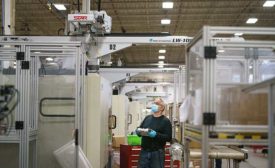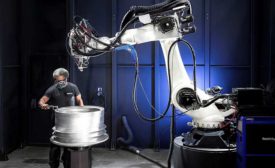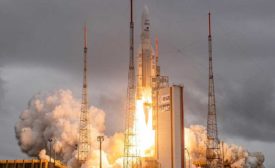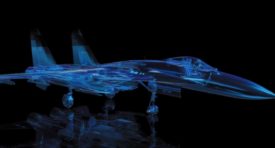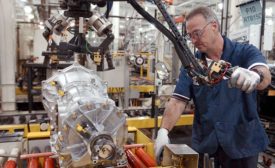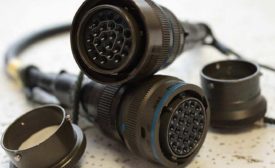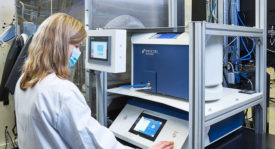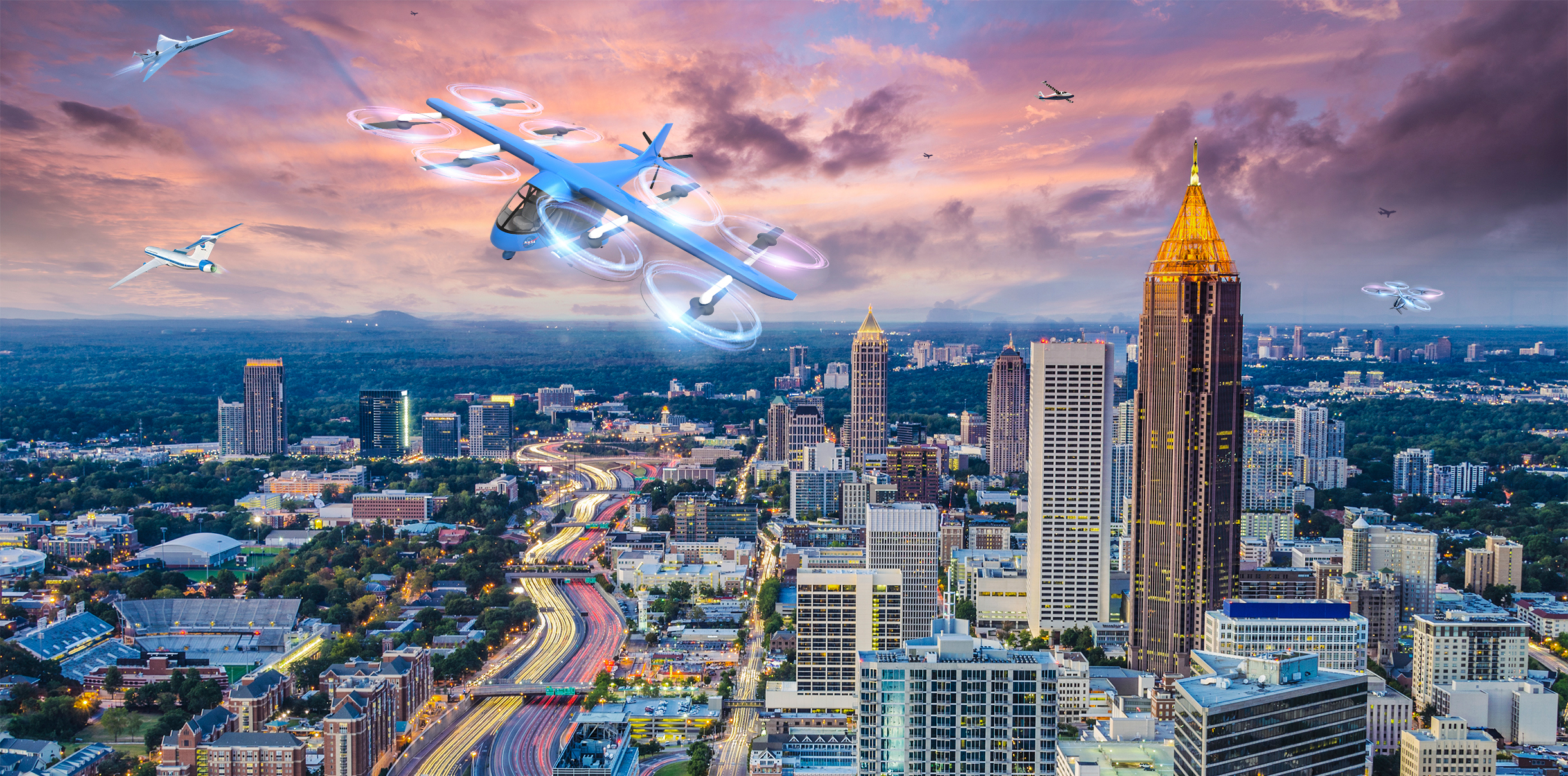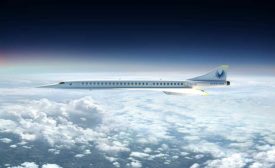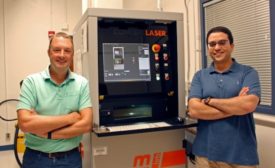Aerospace Assembly
Leak Testing Battery Packs
In-process and end-of-line tests are equally important.
February 16, 2022
Assembling the Future of Urban Air Mobility
Lightweight battery-powered aircraft are ready for take-off.
February 14, 2022
Never miss the latest news and trends driving the manufacturing industry
Stay in the know on the latest assembly trends.
JOIN TODAY!Copyright ©2024. All Rights Reserved BNP Media.
Design, CMS, Hosting & Web Development :: ePublishing
